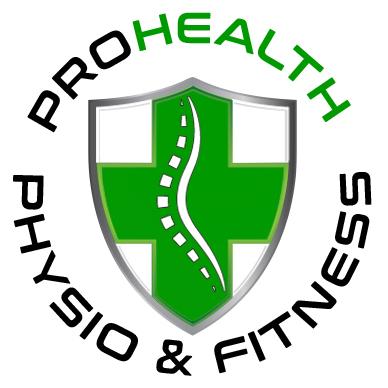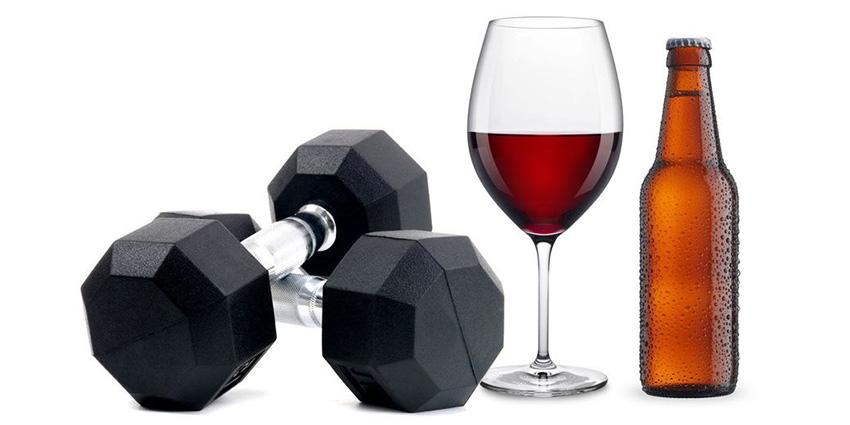Did you know that drinking alcohol after exercise may inhibit your recovery?
I’d be lying if I hadn't rushed to sneak in a quick workout before heading out for drinks. A recent study might give you reason to reconsider if a quick workout before drinking is really worth it.
Alcohol & Training - A study by Parr et al. What is myofibril protein synthesis? Basically, it’s the process the body uses to repair damaged muscles after exercise. This decrease in myofibril protein synthesis occurred despite the athletes consuming protein shakes concurrently with alcohol.
Alcohol consumption has proven to reduce performance, slow muscle growth, increase body fat storage, slow metabolism, and reduce quality of sleep. Although moderate consumption of alcohol is seen to have some minor benefits, the risks outweigh the benefits. Alcohol consumption above two standard drinks per day increases the risk of lifestyle-related diseases like cardiovascular disease, cancer, diabetes, and obesity.
Excess alcohol can lead to dehydration and when you start exercising after a night out you sweat even more in attempt to control your body temperature and you become more likely to overheat and dehydrate more which leads to reduced blood flow and oxygen supply to your working muscles.
Although we see that alcohol consumption helps people fall asleep faster, the quality of sleep is affected. Alcohol a few hours before bedtime leads to less Rapid Eye Movement sleep. This stage has been proven to be the most important as this is when restoration happens. Without enough good quality sleep, your recovery will be compromised and there can be a reduction in performance, muscle growth and energy.
The take home message is that if you are serious about your performance, limit your drinking after training or your Saturday sport.
This article was based on:
- Barnes M.J., Mundel T., Stannard S.R. Acute alcohol consumption aggravates the decline in muscle performance following strenuous eccentric exercise. Sci. Med. Sport. 2010; 13:189–193.
- Parr, E., Camera, D., Areta, J., Burke, L., Phillips, S., Hawley, J., & Coffey, V. (2014). Alcohol Ingestion Impairs Maximal Post-Exercise Rates of Myofibrillar Protein Synthesis following a Single Bout of Concurrent Training.Plos ONE, 9(2), e88384. http://dx.doi.org/10.1371/journal.pone.0088384

